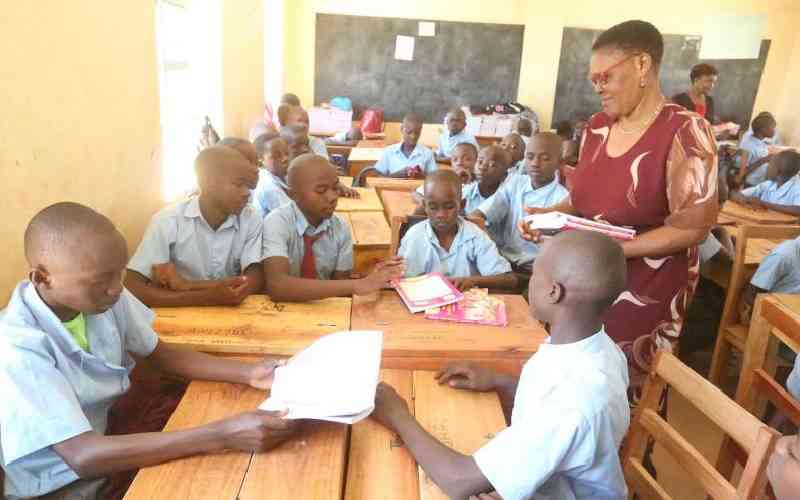×
The Standard e-Paper
Fearless, Trusted News

Loyola Centre for Media and Communications recently conducted an indicative survey to measure the social, spiritual and communication and technology Resilience of young people aged 18-25 years.
We administered an online questionnaire to 553 across the country. Most are university students. We also carried out Focus Group Discussions (FGDs) and expert interviews. Lessons learned from the survey show a compelling need to power the resilience of young people because some of them are struggling to find meaning in life.